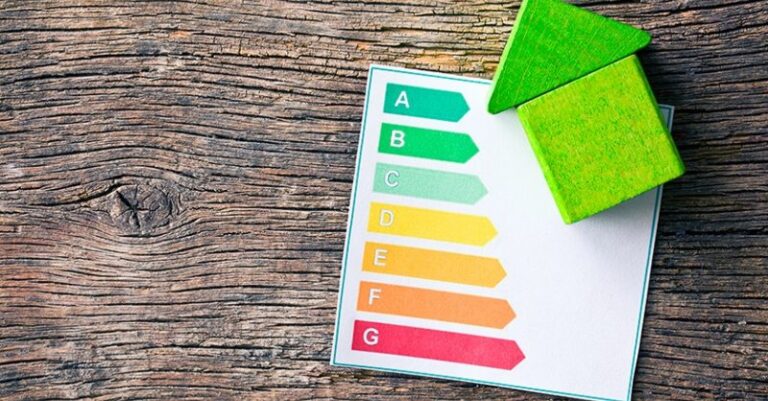More than half of UK homes have an energy performance certificate (EPC) rating of D or below, according to research from rental experts UNCLE.
The study looked at the 30 most populated cities and found over 15 million homes fell into the lower rating categories.
The research revealed that the average EPC rating for UK homes was 68 and only 0.4% of homes, around 99,000, achieved an A rating.
Milton Keynes had the highest proportion of homes rated C or above at 60.3%, followed by Peterborough with 55.6% and City of Westminster at 54.5%.
Blackpool was found to have the lowest energy performance, with 74.1% of homes rated D or below.
Meanwhile, Southend-on-Sea and Bradford also had high numbers of low-rated homes at 69.7% and 68.8% respectively.
UNCLE worked with Luke Wooffindin from Safe Guard Plumbing to highlight ways to improve EPC ratings.
Wooffindin said: “One of the important considerations when it comes to plumbing that can drastically improve the Energy Performance Certificate (EPC) rating of a house is changing an old non-condensing boiler for a high-efficiency condensing boiler.
“Most modern boilers operate above 90% efficiency, while an old model could be working well at only 60% to 70% efficiency.
“In terms of cost, the boiler itself might run anywhere from £1,500 to £2,500, and installation can be another added cost of £500-£1,500, depending on whether pipework needs updating or if it’s a combi-combi swap or more complex system change.”
Wooffindin added: “Smart heating controls are also really solid investments.
“A Nest or Hive thermostat allows homeowners to better schedule and control their heating, and when put in individual thermostatic radiator valves, each room can be regulated according to need.
“EPC assessors look favourably upon zoned heating controls, and these upgrades typically cost around £250 to £400 for the smart thermostat and another £20-40 per TRV.”
He said: “Another area typically ignored is pipe insulation. Lagging the hot water and heating pipes helps keep heat, especially in lofts, garages, or outer walls – retaining heat in the system.
“This is also pretty cost-effective: £2 to £5 per meter for pipe insulation, and an average house may need roughly 20 to 30 meters (60 to 100 feet).
“It really is quite small for a cost but the returns are good when looked at in terms of energy retained.”



